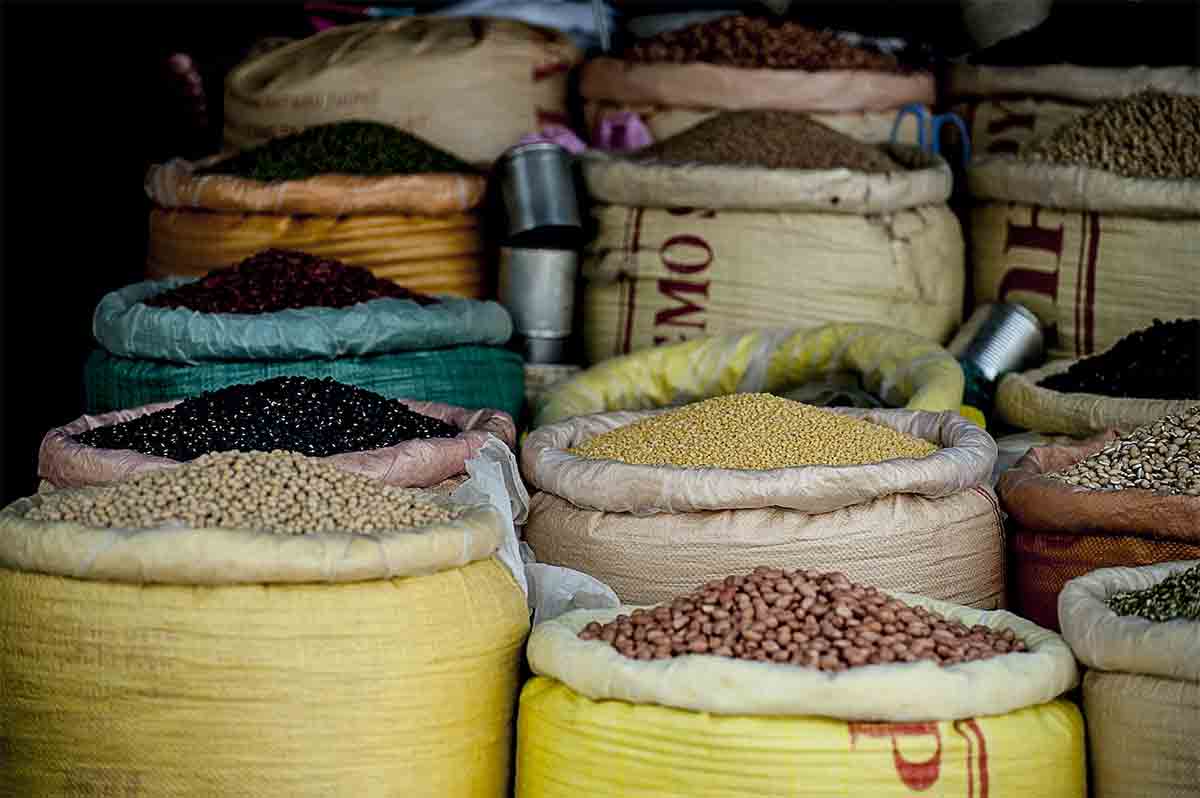In the bustling world of finance, where stocks and bonds often steal the spotlight, commodities can sometimes feel like the wallflower in the corner. But don’t underestimate their potential. Commodities, the raw materials that fuel our daily lives – from oil powering our cars to coffee fueling our mornings – can be a powerful investment tool, offering unique advantages and challenges compared to traditional assets.
But before we dive into the nitty-gritty of specific commodities, let’s first shine a light on the primary characteristic that sets them apart: their intrinsic link to the real economy. Unlike stocks and bonds, which represent ownership in companies or debt obligations, commodities don’t come with a boardroom or an annual report. They’re tangible, physical substances whose value is directly tied to supply and demand in the real world.
This link to the real world translates to several key features that define commodities as an investment vehicle:
1. Volatility: Buckle up, it’s a bumpy ride. Commodities are notoriously volatile, and prone to sharp price swings due to factors like weather events, geopolitical tensions, and economic fluctuations. A drought in Brazil can send coffee prices soaring, while a global recession can sink oil prices like a stone. This volatility can be nerve-wracking for some investors, but for others, it presents exciting short-term trading opportunities.
2. Non-correlated returns: Unlike stocks and bonds, which often move in tandem with market sentiment, commodities can offer a valuable diversification tool. Their unique price drivers can provide a hedge against broader market downturns. For instance, while stocks might plummet during an economic crisis, gold prices might rise as investors seek a haven. This lack of correlation can be a valuable asset for building a well-rounded portfolio.
3. Inflation protection: When inflation heats up, the value of paper assets like stocks and bonds can erode. Commodities, on the other hand, often rise in tandem with inflation. As the cost of production increases, so too does the price of the raw materials. This makes them a sought-after asset during inflationary periods, acting as a shield against the declining purchasing power of your portfolio.
PEOPLE ALSO READ
Bankers Life Celebrates 34 Top Women Financial Advisors
4. Accessibility: Investing in commodities is becoming increasingly accessible thanks to a variety of investment vehicles like exchange-traded funds (ETFs) and futures contracts. These instruments allow you to gain exposure to a basket of commodities without the need to physically own or store them. This opens up the world of commodities to a wider range of investors, making it easier to participate in this dynamic market.
However, it’s important to remember that commodities come with their own set of challenges:
1. Lack of income: Unlike stocks and bonds, which typically generate dividends or interest payments, most commodities don’t offer any income stream. Your return is solely based on the price appreciation of the underlying asset. This can make them a less attractive option for income-seeking investors.
2. Storage and transportation costs: For physically traded commodities, storage and transportation costs can eat into your profits. This is especially relevant for bulky or perishable commodities like oil or agricultural products.
3. Leverage risks: Futures contracts, a popular way to trade commodities, involve leverage, which can magnify both gains and losses. This can be a double-edged sword, amplifying your returns but also increasing your risk of significant losses.
4. Geopolitical risks: The prices of many commodities are heavily influenced by geopolitical events. Wars, sanctions, and political instability can cause dramatic price swings, making them a riskier investment for some.
So, Is Investing in Commodities Right for You?
It depends. If you have a high tolerance for volatility, a long-term investment horizon, and a desire for diversification or inflation protection, then commodities can be a valuable addition to your portfolio. However, it’s crucial to understand the risks involved and do your research before diving in.
PEOPLE ALSO READ
Importance of Involving Adult Children in Your Financial Affairs
Remember, commodities are not a magic bullet. They are a complex and dynamic asset class with their own set of advantages and disadvantages. But by understanding their primary characteristic – their link to the real economy – you can make informed decisions and potentially unlock the raw potential they offer.
So, whether you’re a seasoned investor or just starting, don’t be afraid to explore the world of commodities. Just remember to pack your risk tolerance and do your research – you might just discover a valuable asset for your financial future.
